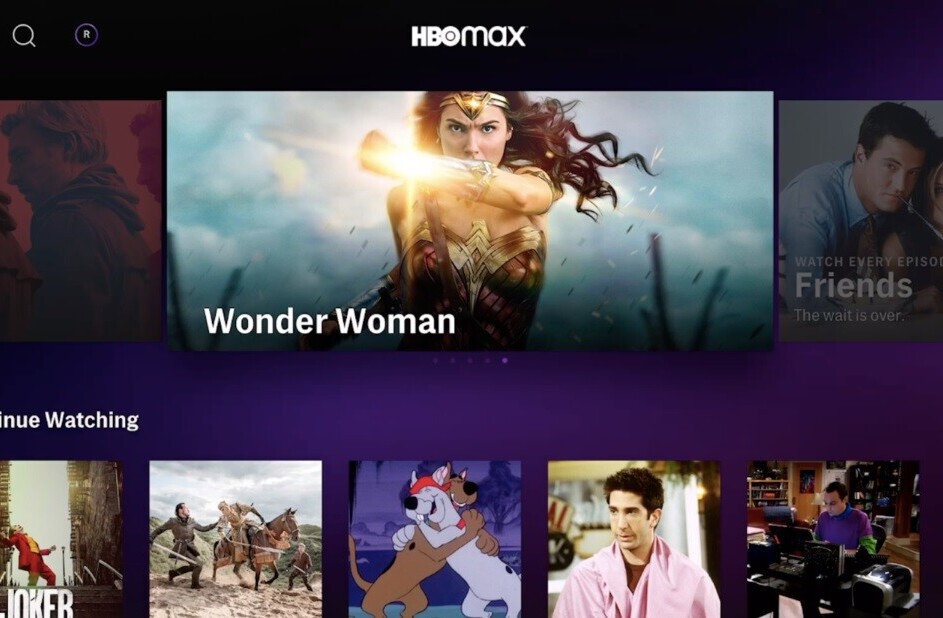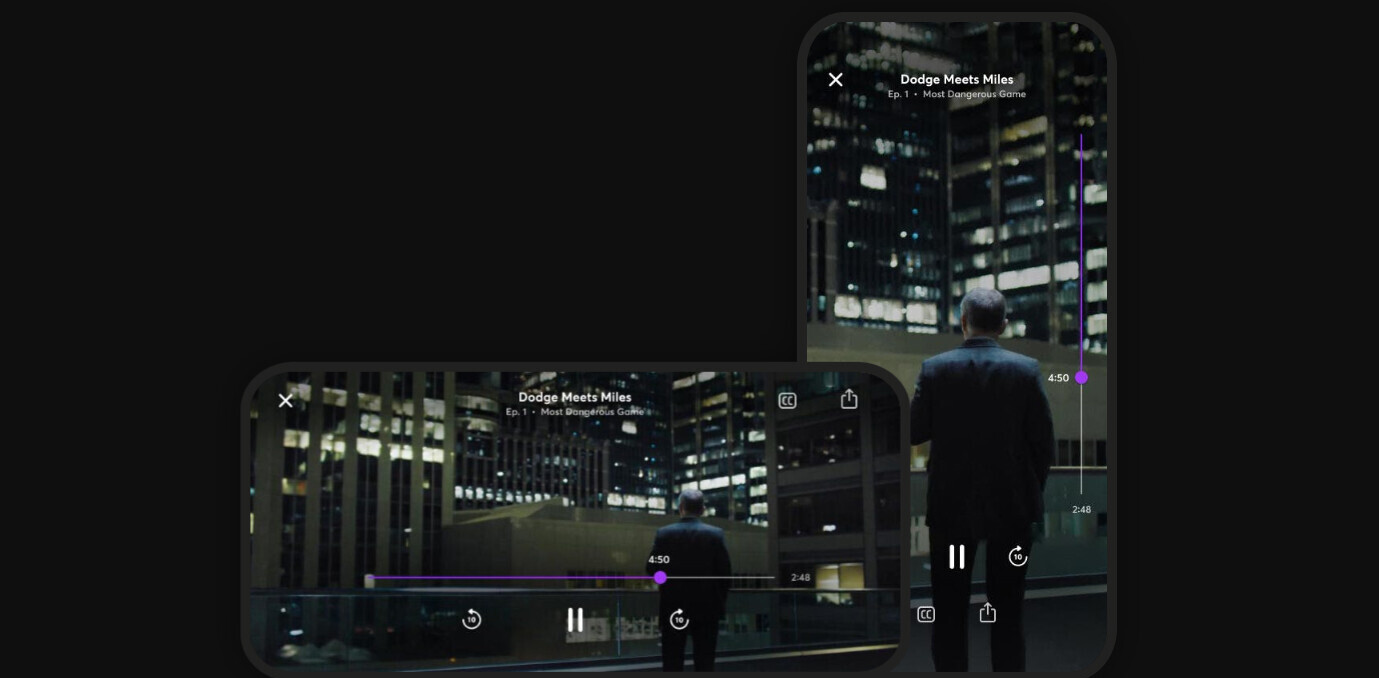
It is uncertain whether the controversy surrounding Noel Biderman is hindering or boosting his success. Would ashleymadison.com — the site Biderman created to connect people who want to cheat on their spouses — have nearly as many users if pundits like Fox’s Sean Hannity hadn’t spent a significant portion of his show lambasting Biderman as an immoral businessman?
Launched in 2001, the company has garnered hundreds of press mentions, most of which address the ethics of running a company that encourages infidelity. Biderman is the first to admit that these articles have done much to fuel his user base, creating a brand awareness that few PR agencies could emulate. But with that controversy has come roadblocks.
The Atlantic recently reported that major advertising networks — including Facebook, Google, Bing, and YouTube — have blocked Biderman from advertising ashleymadison.com and some of his other related companies on their sites. Though Biderman is able to buy keywords on Google Adwords, he’s blocked from the search giant’s large Adsense network; on several other networks he’s shut off completely. This means he couldn’t bid for the search phrase “how to cheat on your spouse” on Bing no matter how much he’s willing to pay. Nor could he buy keyword ads for the multiple trademarks he owns, including the phrase, “Life is short. Have an affair.”
A quick look at the Alexa rankings of these websites shows that Biderman has been effectively closed off from reaching an incredibly large group of potential customers. During phone interviews with me and other reporters he has cast himself as a businessman who is being unfairly punished. He alleges that these major online platforms have singled him out and they’re prudishly attempting to block people from carrying out an act (infidelity) that they’d be doing anyway.

But I couldn’t help but wonder whether the benefits of the controversy (the press mentions and ensuing discussion) outweigh the costs (the ad network banning). If Biderman hadn’t appeared on Hannity, The View, and several other major media outlets, he may have easily escaped under Facebook’s radar and avoided a banning. But then would the site be as successful as it is today, generating 12 million visitors a month?
“If I were treated fairly and allowed to advertise like any other dating service, I have no doubt that my growth rate would probably double from the rate it currently is,” he told me in a phone interview.
He argued that the press mentions, while helpful in boosting traffic, only create temporary increases in visitors, whereas networks like Facebook allow a sustained advertising platform that isn’t beholden to cyclical press coverage. For Biderman, the worth of appearing on Sean Hannity’s show is finite and short lived, unlike being able to plaster contextual Adsense ads next to articles and blog posts about infidelity.
So how does he overcome this? One way, he said, is through affiliate advertising. “There are a lot of bright individuals out there who have lots of traffic through their own domains who can find a way to bring you an audience, you just have to be prepared to share revenue with them,” Biderman said. “Google has the entire grip on the search engine market, but people go a lot of other places where my audience might fit. They might be writing articles about affairs. They might be resources that people use to find other cathartic outlets. Those are huge traffic sources, and they too can help you circumvent those obstacles.”
The websites he advertises on include gaming, sports fantasy, and even porn websites. “You can look at the New York Times, the Washington Post — they won’t have one-tenth the traffic that YouPorn will have tomorrow.”
Though Biderman has certainly benefited from the controversy he created, he asserted that most sites banned from these networks don’t receive the kind of coverage he does. “Would the average company be able to recover given all the hurdles I’ve described?” he asked. “I doubt it, I highly highly doubt it. I managed to make it, but I have a different story. How many of those other companies do you know who are on the cover of Business Week or were on Larry King or The View or Howard Stern?”
And lest you think Biderman is simply complaining about these ad blockages to generate more controversy and press coverage, consider this: in the Atlantic article, it’s reported that the business owner has attempted to distance several of his other dating websites from ashleymadison.com, fearing that Facebook, Google, Bing and other networks will lump them into their blocked lists. Banning them along with the infidelity website, he believes, may spell their financial failure.
Get the TNW newsletter
Get the most important tech news in your inbox each week.




